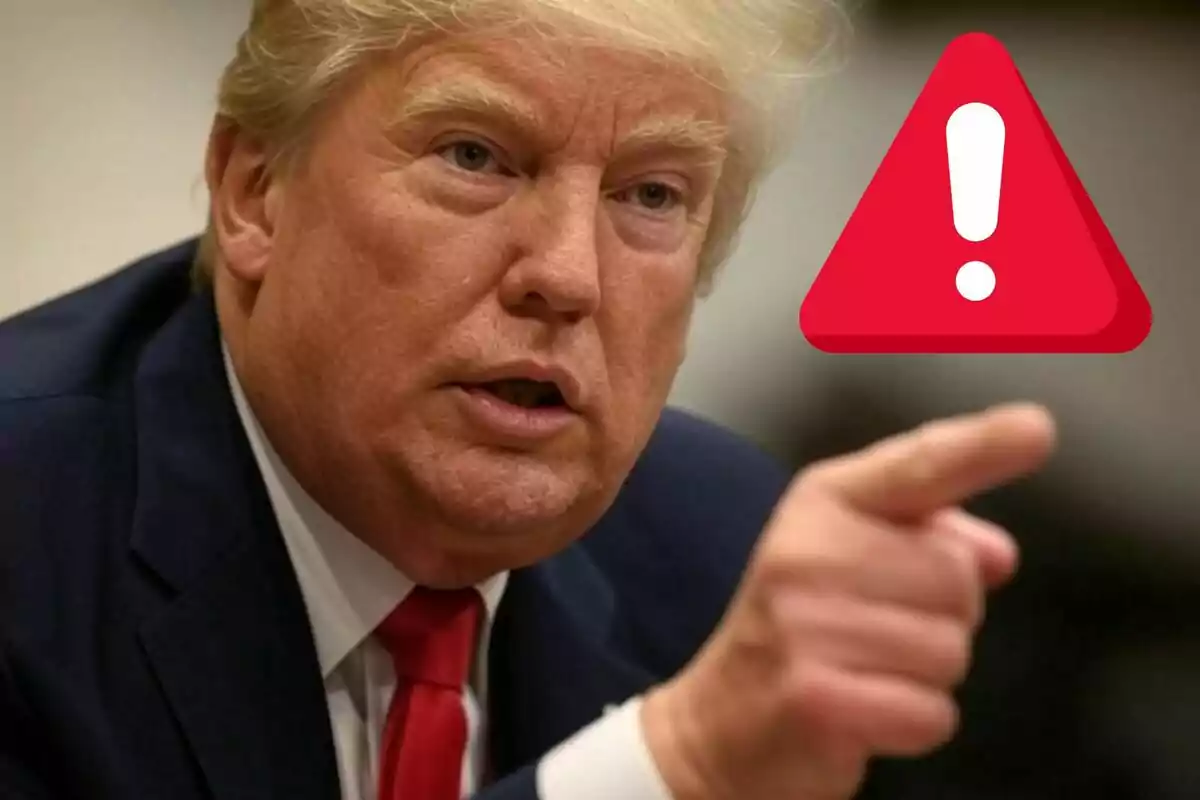There isn't a week when Donald Trump doesn't surprise the world; this time, the focus is on medications. In recent statements, the former president announced that he plans to impose tariffs of up to 250% on pharmaceutical products imported to the United States. In addition, this measure would also affect semiconductors and chips.
The goal, according to Trump, is clear: to encourage domestic production and reduce dependence on other countries. "We want pharmaceuticals to be manufactured in our country," he stated.
Section 232: the legal tool
This measure doesn't come out of nowhere. Trump relies on Section 232 of the Trade Expansion Act of 1962, which allows the president to assess whether certain imports pose a threat to national security.

If a risk is determined, Section 232 authorizes the imposition of tariffs on foreign products. Thus, medications from countries such as Australia, Switzerland, or members of the European Union could face massive taxes.
Progressive and record tariffs
Trump explained that the tariffs won't be implemented all at once. They would start at a reduced percentage, rise to 150% in one year, and could reach 250% in 18 months.
The former president argues that other countries benefit economically from the United States, while domestic production suffers. That's why he insists that tariffs are necessary to protect the local industry.
Impact on Americans
If these measures are implemented, consumers will feel it in their wallets. The pharmaceutical industry depends on imported active ingredients and finished medications.
An increase of 250% in tariffs could result in more expensive medications and possible shortages. Those who will suffer the most are the elderly and low-income families, who depend on chronic treatments and essential medicines.
In addition, 17 pharmaceutical companies received letters from Trump requesting price reductions under threat of tariffs. His message was clear: if they don't lower Medicaid and Medicare costs, all available legal tools will be used to "protect American families."

Industry reaction
The pharmaceutical industry has already warned about the risks. Disruptions in the supply chain could be immediate. The increase in costs could also limit access to vital medications.
Companies from Ireland, India, China, and Germany, key countries in drug manufacturing, could reduce shipments in response to the new tariffs. This would have a direct effect on American consumers, creating a complex situation in pharmacies and hospitals.

